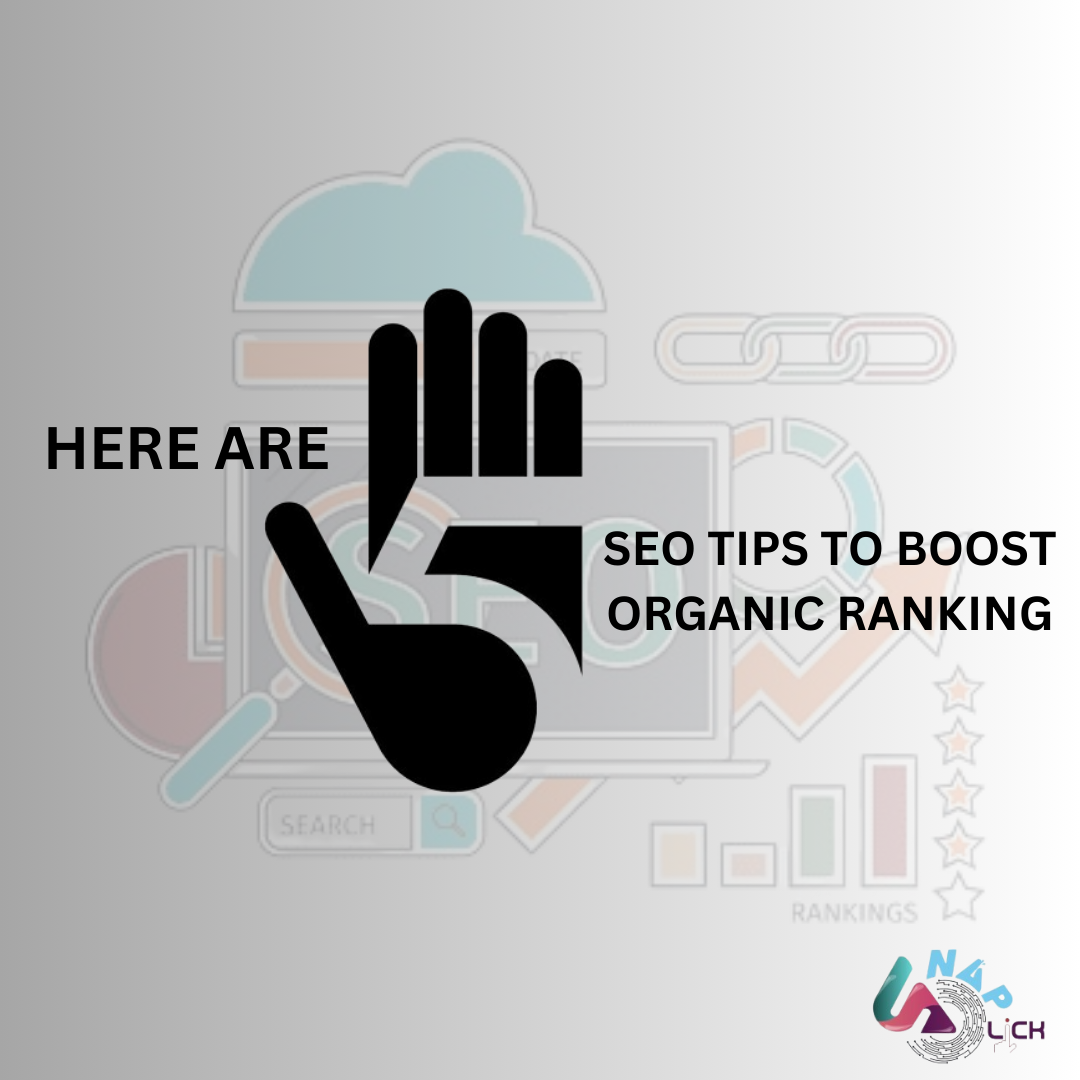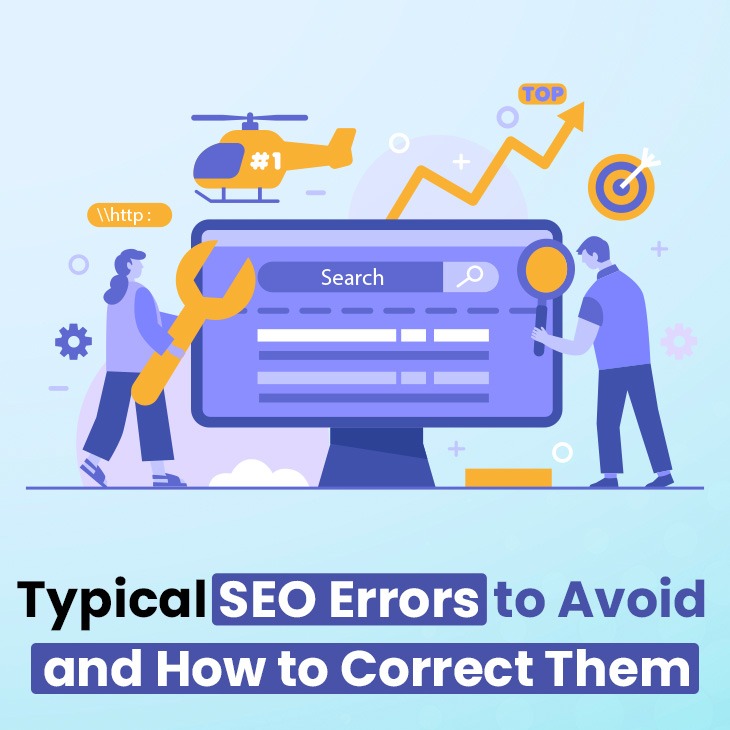
Understanding Search Engine Optimization (SEO) is crucial for companies looking to prosper online in the modern world. As algorithms change and competition heats up, remaining one step ahead demands a calculated approach. All the components contribute to improving organic ranking and exposure, from link-building to keyword research.
The Key to Successful SEO is Keyword Research

Any SEO campaign's foundation is built on keyword research. It entails figuring out the words and phrases that members of your target market use when looking for goods, services, or information relevant to your specialty. By carefully placing these pertinent keywords throughout the content of your website, you raise the possibility that consumers will find your website when they type in those particular inquiries.
Keyword research can be done using a variety of instruments and methods. SEMrush, Aherfs, and Google Keyword Planner are a few popular choices. These tools give you useful information about search volume, degree of competition, and similar terms, allowing you to rank high-value keywords according to how your target audience searches.
Building SEO-Friendly and Appealing Content

It's time to create excellent content that satisfies your audience and follows SEO best practices when you've determined your target keywords. A variety of formats, including blog entries, educational articles, captivating product descriptions, and even well-organized landing pages, can be used for this information.
The fundamental ideas are centered on offering insightful and useful content that speaks to the particular requirements and passions of your target market. Naturally include your goal keywords in the article, but put the user experience above keyword stuffing.
The Fundamental Component of a Search Engine-Friendly Website is Technical SEO
With the goal of making your website as technically sound and easy for search engines to crawl, index, and comprehend as possible, technical SEO concentrates on improving your website's fundamental structure.
This includes components such as:
Website velocity: A website that loads quickly enhances both user experience and search engine rankings.
Mobile-Friendliness: It's critical to make sure your website is adaptable and easily changes to fit various screen sizes, given the growing use of mobile devices.
Site Organization: User navigation and accessibility are improved by a website having a logical hierarchy of pages and a clear, well-organized structure.
Better search engine exposure and the overall health of your website can be achieved by taking care of technical SEO concerns.
Link Building: Establishing Authority and Credibility
The process of link building entails obtaining premium backlinks from other pertinent websites. Indicating to search engines that your website is reliable and reputable, backlinks serve as votes of confidence. Strong backlink profiles are more common on websites than few or none at all.
It's important to stress, nevertheless, that not all backlinks are made equal. Purchasing links or taking part in link schemes are examples of manipulative practices that can have a detrimental effect on your website's rating and perhaps result in fines.
- As an alternative, concentrate on building backlinks naturally by employing techniques like producing excellent content that other websites think is worthwhile to link to.
- Blogging as a guest on respectable blogs in your industry.
- Establishing connections with influential people in your field.
On-Page Optimization: Constant Watching and Adjusting
Search engine algorithms are often updated, which means that the SEO landscape is always changing. Being up to date on the newest SEO trends and best practices is crucial to maintaining a strong online presence in search results. To monitor keyword ranking, analyze website performance, and pinpoint areas that want improvement, use website analytics tools.
Your website can remain search engine optimized and confidently draw in organic visitors by regularly reviewing your SEO efforts and making necessary adjustments to your methods based on data and industry trends.
In Conclusion:
Search engine optimization is a continuous activity that needs commitment and steady work. Your website's rating and visibility in search results can be greatly increased by skillfully putting these five SEO methods into practice: keyword research, content production, on- page optimization, link building, and technical SEO.



 Admin
Admin 










